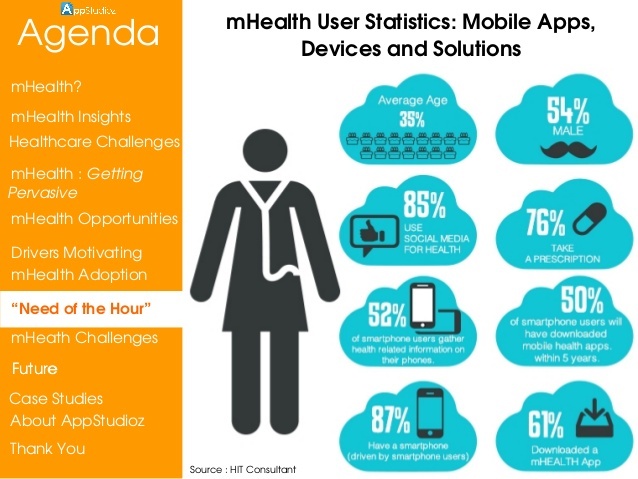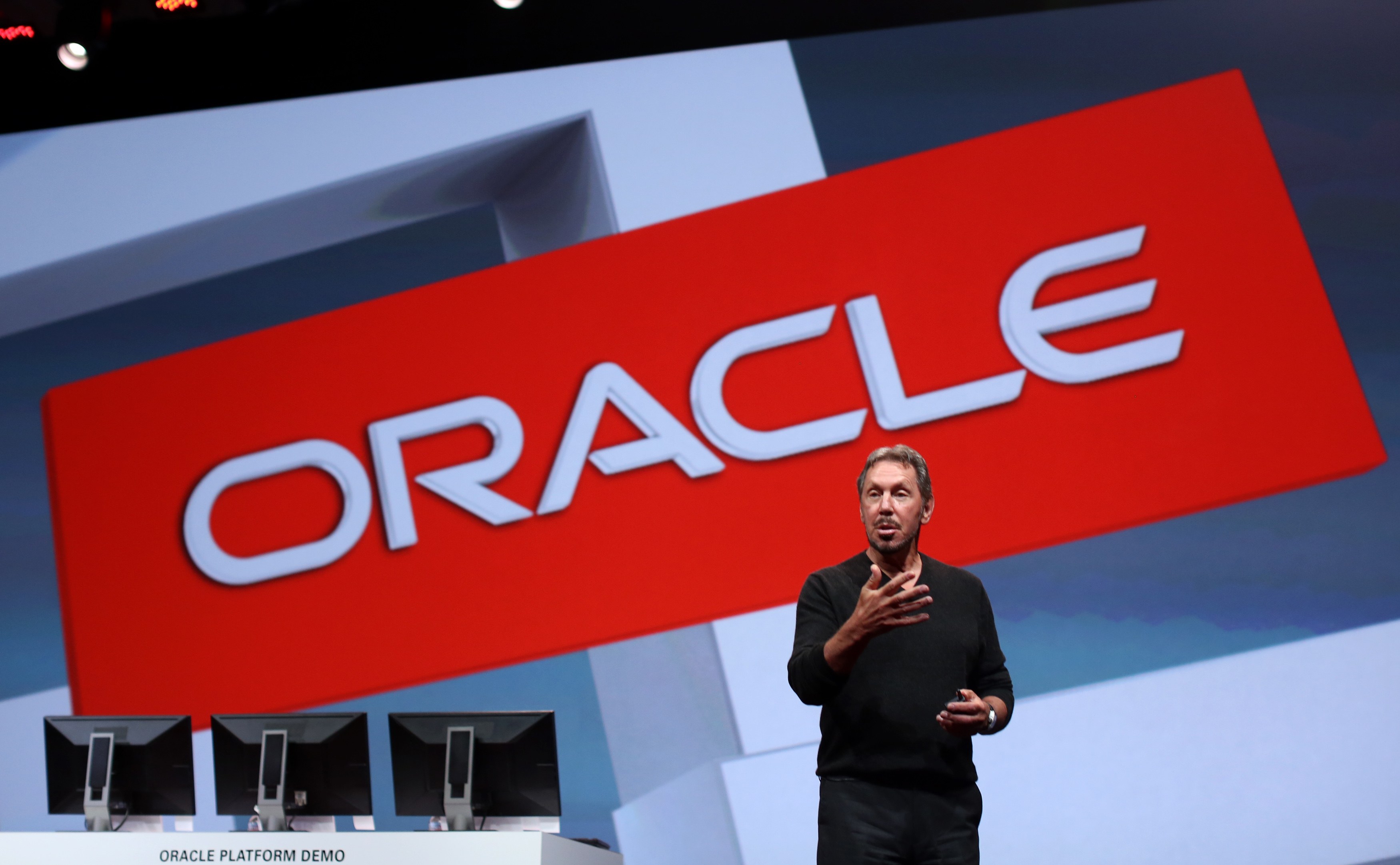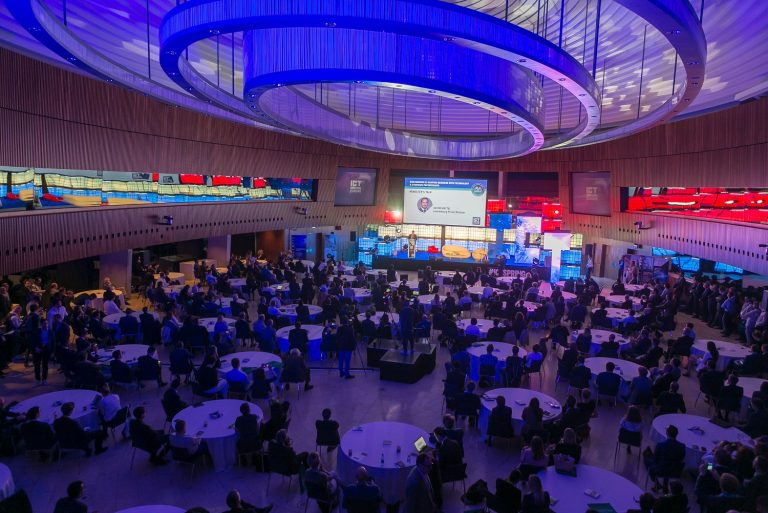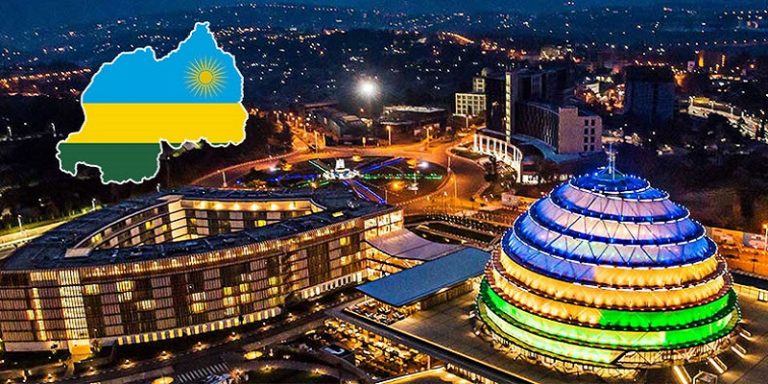Mobile Solutions Needed for Healthcare in Africa

The utility value of mobile technology is almost second to none. In sub-Sahara Africa, the mobile phone has proven to be an innovative and transformative tool for positive social and economic change, empowering individuals, communities and organizations in a variety of ways.
One key area where mobile is transforming realities and becoming positively disruptive is in healthcare services. Driven by some of the fastest mobile subscriber growth rates in the world, cheaper mobile devices, and continued innovation, emerging mobile health solutions are saving lives – an estimated million of them by 2017, according to a recent report by PricewaterhouseCoopers (PwC).
Despite the growing interest in Mobile Health (mHealth) initiatives across sub-Sahara Africa, adoption rates of mobile solutions vary widely. Nigeria, Africa’s largest economy by GDP, needs to do a lot of caching up in this regard. Healthcare experts meeting at the “Future of Health” conference organized by Nigeria Health Watch in June 2015, argued rightly that Nigeria’s healthcare systems and structures were literally still in the dark ages. Clare Omatseye, a pharmacist and President, Healthcare Federation of Nigeria stated that Nigeria needs greater and smarter use of technology to tackle the challenges facing the health sector, pointing out that the health sector is stuck in an analogue world, while patients had already arrived in the digital world.
In countries such as Saudi Arabia and the United Arab Emirates informational medical apps are gaining traction but infrastructural challenges in other countries have limited adoption of consumer-facing apps and hampered integration with local health systems. An emerging opportunity, however, exists for healthcare providers and other enterprise organizations looking to improve operational and logistical health delivery. Instead of wrestling with the underlying infrastructure, organizations can overcome the current barriers to adoption and deliver more holistic medical care to their citizens.
Circumventing infrastructural challenges
While the population is eager for mHealth solutions, most African countries still lack the required infrastructure to support widespread deployment of apps that might integrate personal medical information. They first need to deploy Electronic Medical Records (EMR) systems, from which health organizations can pull, analyze and share patient medical histories, and which could be integrated into mobile health apps. In a healthcare ecosystem that encourage citizens to select a variety doctors and specialists instead of one primary care physician, the consolidation and ownership of medical information is challenging for public leaders and confusing for consumers.
Inward-facing enterprise mHealth apps, which improve the logistical and operational efficiency of healthcare solutions, are a potentially easier way to deliver mobile technology’s benefits to patients without having to tackle infrastructural transformation. By deploying apps internally, the additional burden of educating consumers and nurturing widespread adoption is eased – an added benefit of improving citizens’ healthcare experience without requiring their participation.
Initiatives which improve accessto medical supplies, track immunizations, and allow remote diagnostics have the potential to transform the entire regional healthcare landscape– resulting in higher referrals, faster diagnoses, and dramatically improved patient experience. Telehealth apps, for example, can reduce the need for patients to travel hundreds of kilometers to visit a GP or specialist. Mobile diagnostics, which allows health professionals to send test results from the field, would give citizens in remote areas access speciality care prefessionals in other countries, in real time.
Enterprise mHealth apps enable a “distributed” model of healthcare provision – healthcare field agents can consult with patients and collect the necessary information, relay it back to specialists, and receive treatment recommendations. Once established, these apps can also be more easily mandated and rolled out by local governments.
In Zambia, the government partnered with IBM to deploy a mobile program aimed at better managing the inventory and delivery of 200 life-saving prescription drugs. Staff from three local health facilities are now using mobile devices with barcode scanners to record stock and generate real-time views of supplies. The solution also allows workers to transfer supplies and identify trends, thereby preventing gaps in the medical supply chain and ensuring that citizens have access to the medications they need.
For a country that sees around 100,000 deaths each year due to preventable and treatable diseases, the benefits of the mobile-based system are self-evident.Healthcare providers and institutions in Nigeria and other African countries will do well to replicate this Zambian scenario in their domestic health sectors.







